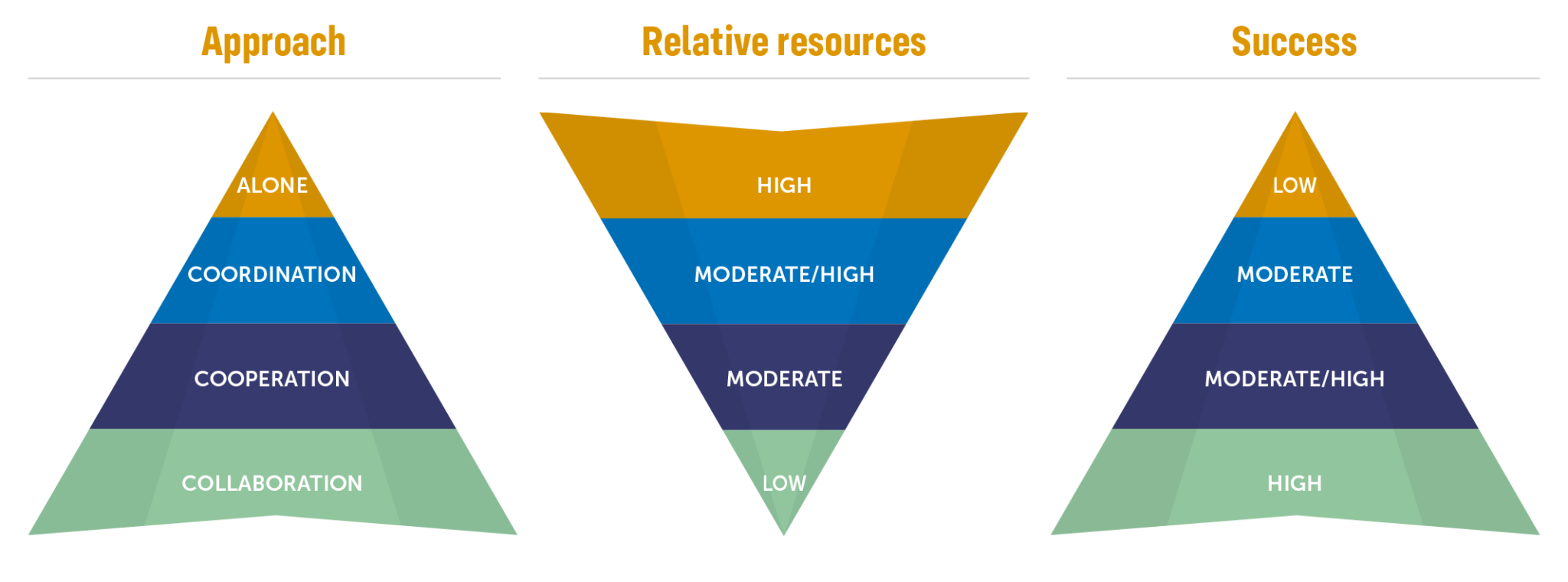Report
Protecting our fisheries – working towards a common future
As the Southern Africa Development Community (SADC) celebrates twenty years since the SADC Protocol on Fisheries was signed a new report is published. Protecting our fisheries – working towards a common future reviews progress and commitments to date and explores the role of the SADC Regional Monitoring, Control and Surveillance Coordination Centre (MCSCC) in protecting the regions fisheries.
Mr Magosi, SADC Executive Secretary, stated, “The threats to our fisheries come from many directions. Climate change is impacting our fish stocks and our growing global population increases the demand for low cost, nutritious food. At the same time our fishing industry is competing with subsidised fleets who operate with financial incentives, and with illegal operators who show no respect for laws, regulations or conservation measures.”
The fight against illegal, unreported and unregulated (IUU) fishing has long been championed by the SADC and by ministers from the SADC region. In 2008, Dr Abraham Iyambo, Minister for Fisheries, Namibia led the call to action that resulted in the SADC Statement of Commitment to combat IUU fishing. He stated, ‘We may be the last generation of decision-makers with an opportunity to end the troubling destruction of our oceans and the hardship it brings to our people. I cannot overstate the importance for us leaders to move from discussion to action, future generations will judge us on our achievements not our words.’
Protecting our fisheries – working towards a common future reflects on the very real progress made. The coordination by the governments of Namibia and Malawi as hosts to the SADC marine and inland fisheries sector coordinating units, twenty years ago paved the way to the SADC Protocol on Fisheries. The Protocol laid the framework for SADC countries to develop a strong cooperation in fisheries, with a focus on shared management mechanisms.
In the last ten years, many have dedicated their efforts to see the vision of our own Fisheries MCSCC become a reality. The realisation of the Centre marks a turning point, from which we now have the means to facilitate our full collaboration to protect our fisheries for our common future.

Protecting our fisheries – working towards a common future highlights the many successes of the last twenty years, demonstrating the tangible benefits of working together, sharing information and developing enduring capacity within the region.
Mr Domingos Gove, SADC Director of Food, Agriculture and Natural Resources, commented, “It has been a long road, but the SADC MCSCC is now on the horizon, and it is needed more than ever. Protecting our fisheries is no longer only about ensuring that our citizens fish by the rules. Growing demand, depleting stocks, natural disasters, harmful subsides, corruption and organised crime are all factors that threaten our fisheries. These pressures nurture an environment where illegal fishers thrive. Their deliberate and systematic illegal acts are often obscured within complex industrialised fisheries value chains, leaving us with little control over what is fished, where the fish is consumed or who benefits from our fisheries resources.”
Sandy Davies, Stop Illegal Fishing, said, “We welcome this report. It maps the progression of cooperation and collaboration in the region and demonstrates the need for and role of the Regional MCSCC. The MCSCC will provide a cost-effective mechanism to support operational cooperation and by coordinating national, regional and international efforts the MCSCC will bring real value to the whole SADC region.”
Credits
This flagship publication is part of the SADC State of Fisheries series. ‘Protecting our fisheries – working towards a common future’ has been written by NFDS Africa on behalf of the Southern African Development Community (SADC) Secretariat, with support from WWF Mozambique through the Federal Ministry for Economic Cooperation and Development (BMZ), and from Stop Illegal Fishing (SIF). For more information go to: www.sadc.int.